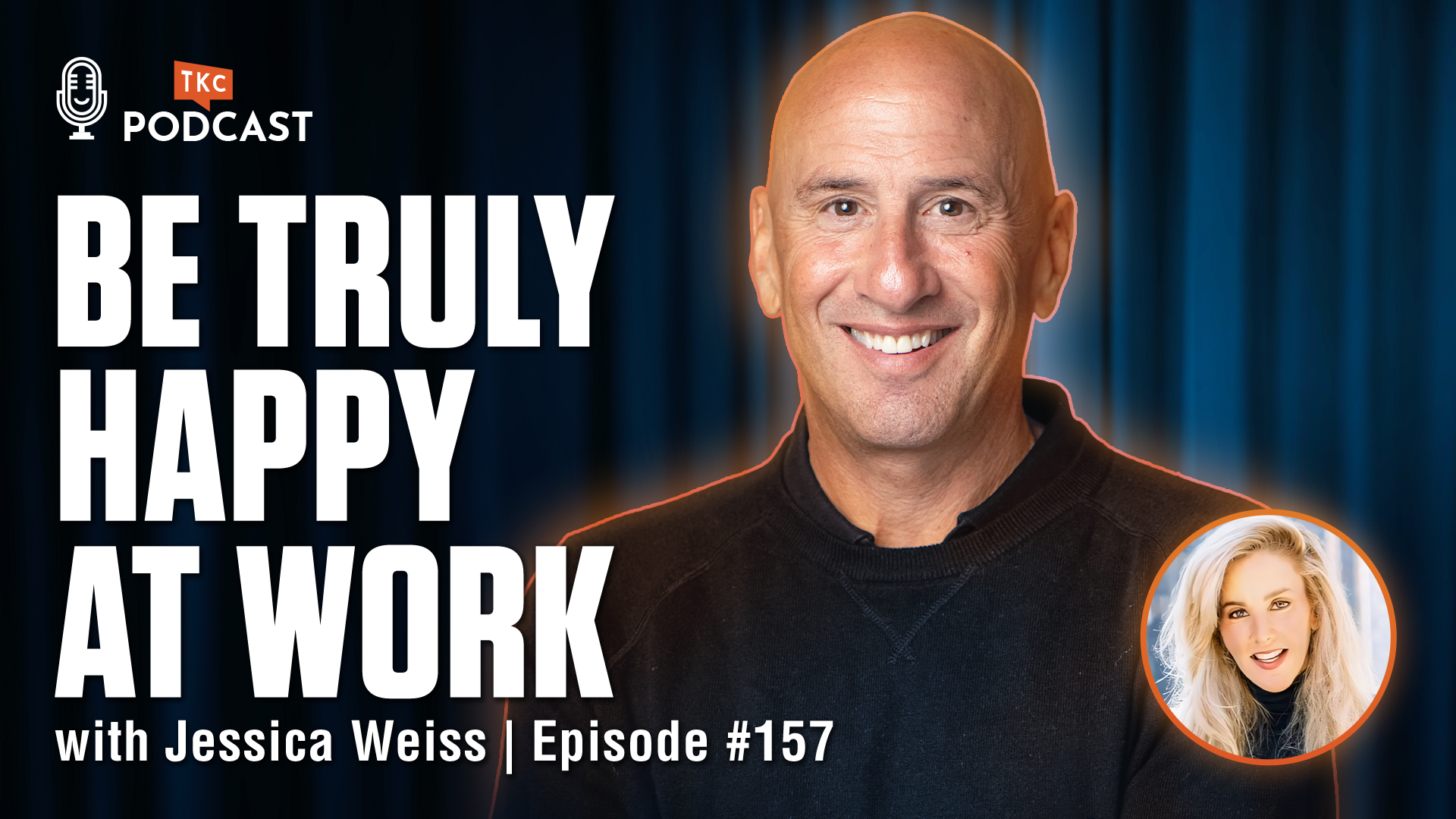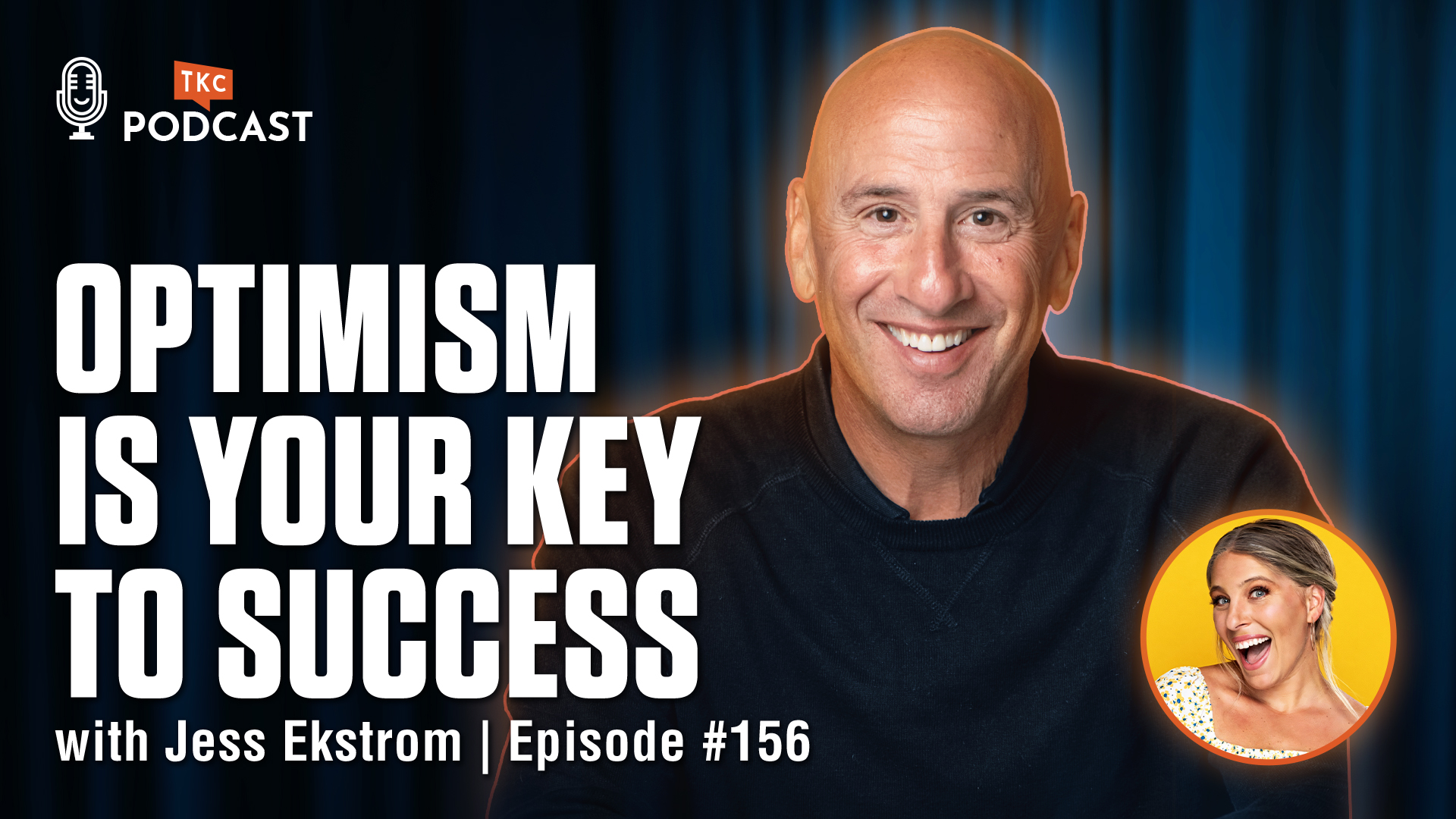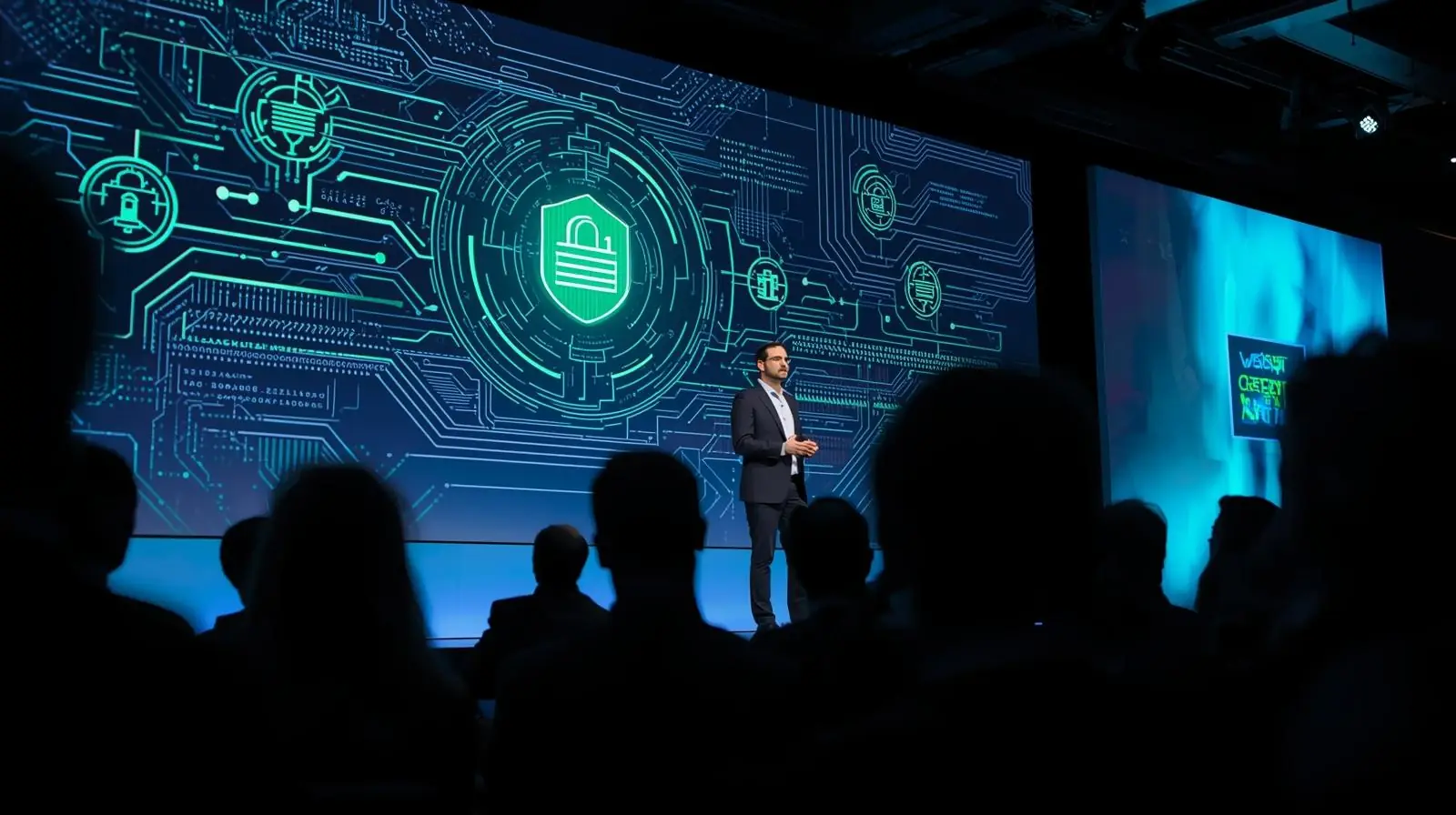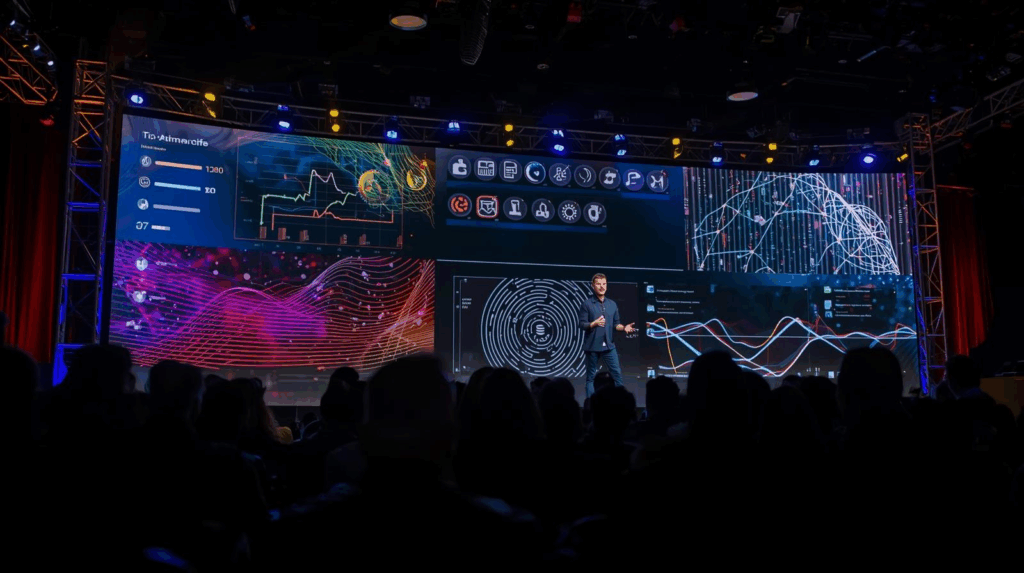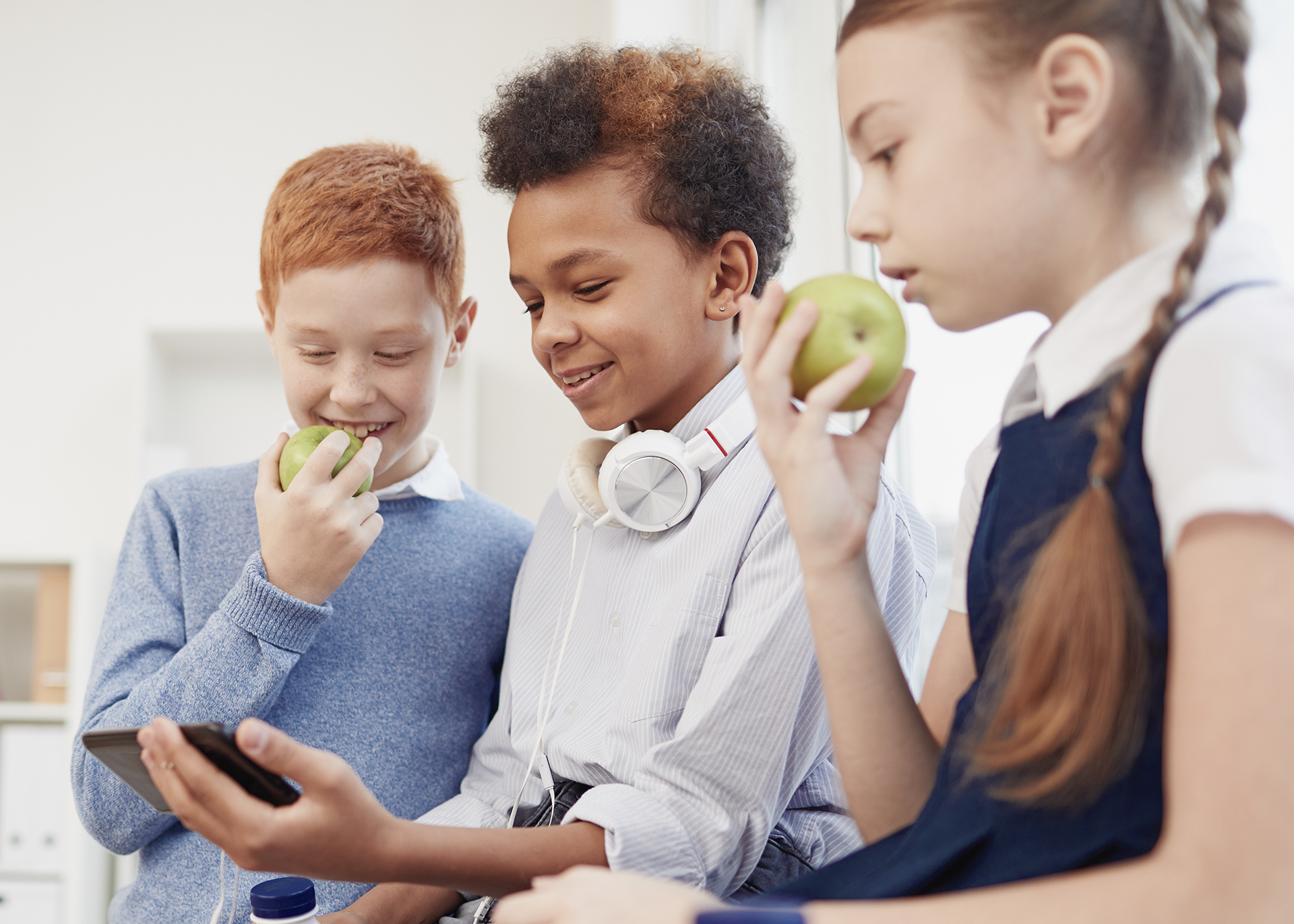
May 17, 2021We Still F-in Need The Breakfast Club
What An 80s Movie Can Teach Us about Our Schools, Our Children, and Ourselves in Today’s Digital World – by Leah Plunkett
What An 80s Movie Can Teach Us about Our Schools, Our Children, and Ourselves in Today’s Digital World
– by Leah Plunkett
On April 28, 2021, the United States Supreme Court heard oral arguments in Mahanoy Area School District v. B.L., its “biggest student speech case in a half-century,” over whether a public high school could punish a student for posting a torrent of F-bombs against the school on social media. The student, Brandi Levy, was off-campus when she made these comments. As punishment, the school suspended her from the cheerleading squad. (Levy hadn’t made the varsity team, hence the social media rant.)
Regardless of how the Court comes out in this high-stakes case for schools and students in the digital era, I have an analog era solution to today’s problem of unwelcome digital speech, alienated kids, and angry parents: bring back The Breakfast Club.
What is The Breakfast Club, why do we need it, and how can we start one up in our own schools, homes, and communities?
In this 80s movie, a rag-tag crew of high school students, all troubled in different ways and in trouble for different things, has to serve Saturday detention together. That’s right: these teens got into trouble at school, so they had to do more school, not less.
The brain; the beauty; the jock; the rebel; and the recluse. These (at first) reluctant club members saw each other as stereotypes. They saw themselves as stereotypes. Then they spent a Saturday together, and they saw each other, themselves, their world, and their futures very differently. Being shut in opened them up.
We need a twenty-first century Breakfast Club because we’re kicking students out of school (or, in Levy’s case, off the squad) when they step out of line, rather than inviting them deeper in to learn from their mistakes, about themselves, and about each other. We are being irrational: at the moment we’ve identified that our kids have more lessons to learn, we teach them less or stop teaching them. And we are using exclusionary punishment against our Black students and students of color more than our white students, which perpetuates and deepens inequalities in the educational system—with lifelong harmful consequences. We need to have kids who are getting into trouble get more positive resources from schools, not get cut-off from all forms of help.
We need to re-boot a Breakfast Club mentality in our homes too. Even as we’re shut in at home with our kids and teens, doing remote or hybrid school, we’re having a hard time seeing them and seeing ourselves—in part because we’re not seeing enough new people, near strangers, in familiar yet foreign terrain. To go full Breakfast Club, real Breakfast Club, you need serendipity. You need to see people in your orbit, but not in your inner circle, in a new context. Only then can you see them and yourself in a new way.
Is it tempting to look back on the Breakfast Club film characters now, with the wisdom of a few decades (although, as a proud member of Gen-X, I refuse to admit that I could possibly be that old, but there you have it!) and say that they were in fact stereotypes, and problematic ones at that. There is always value in looking at characters with the wisdom of time passing. But dismissing this cast as two-D cardboard cutouts misses the point: we can’t find ourselves if we get locked out, frozen out, from a place that’s supposed to be about learning (whether it’s school, home, a community group, or many other institutions). We can find ourselves when we get locked in with people we don’t really know yet.
Thought experiment: let’s try treating our kids like fellow members of the Breakfast Club. Confession: my domestic life right now can feel like a bad re-boot of the Breakfast Club. So many of the lives of my fellow Gen X-ers do. We’re locked in at home (for those of us lucky to still have homes, still have each other, still have our health, still have our jobs). We’re turning into bad cardboard cut-outs of ourselves. I’m the fed up mom, wondering why the kids have to leave clothes on the bathroom floor right next to the hamper but not in it. (Yes, I devote brainpower to that question, partially because I’m annoyed, partially because I’m sincerely curious: how do you look at a laundry hamper and think: the floor is so much better than this convenient receptacle?) We’re trying to make sense of each other, our world, ourselves, while being shut in and increasingly far away from the serendipitous nature of pre-pandemic, “old normal” interactions.
Here’s what a good home Breakfast Club re-boot would look like: trying to learn a little about our kids each day as if they were strangers to us in the midst of locked-in pandemic life. We need to try to spend a day with the Breakfast Clubs of our families treating our kids like we’re just meeting them for the first time. Who are they? Are they the rebel to our brain? The jock to our recluse? Get distant in order to (dare I say it) zoom in.
Here’s a place to start: ask your kids about the cheerleader (aka the beauty) social media case (trust me, they know how to Google, if they haven’t heard of it yet). Ask them what they want to say f-in hell to (or fudge or whatever word it is). Ask them if and when and why they ever want to say it (or maybe do say it) to you. Ask them how they could express these feelings in ways that don’t lead to negative consequences—or a Supreme Court case.
If you’re a teacher or an administrator, get in touch with your rebel self and your brain self. Are there policies or practices around discipline in your school that push kids out rather than bring them in? What needs to change in your classroom, your school, your district to build Breakfast Clubs—spaces of uncomfortable yet protected engagement, sites for serendipity and authenticity, places where you can’t hide and, in the end, don’t want to?
If you’re a parent, ask yourself: where should the boundaries be between teens’ digital communications with friends (which they think of as private and which don’t contain harassment, threats, bullying, criminal behavior, unsafe behavior, or other conduct that would require adult intervention) and parental involvement, which then escalates to school involvement?
If you’re an administrator who has to respond to parents who think that they and you and your staff need to guarantee a sanitized environment, how can you respond to that? How can you Breakfast Club them? Laws, regulations, and rules aren’t the only—or always the best—ways to shape and regulate behavior. Less is more, sometimes, and schools can be well-served by working on norms, behaviors, and customs when it comes to fostering healthy digital citizenship among their students, parents, staff, and other community members.
We don’t teach kids and teens how to look at each other, look at their communities, and look inward if we kick them out. We can also get too shut in, too insular, too stagnant. We can jumpstart that by playing out: what would the rebel do? The brain? The beauty? The jock? The rebel? The recluse?
If we’re principal age now, or actually principals, what would these earlier facets of ourselves say to us? If we’re parents now, what would our teenage selves want us to remember? Maybe all the times we swore when we thought no one but our friends was listening? Maybe all the times that blowing off that steam made us feel better, helped us learn, helped us not do worse? If we’re not sure what these facets were, play. Try the brain voice, the beauty. The jock. Keep your school and your kids safe, but don’t go for (to paraphrase the Breakfast Club) “brainwashed” students.
We need our school administrators to stop kicking out students whose behavior they don’t like and instead bring them in in new ways. Is it juvenile and unfortunate to go on social media and say “f–” your school? Yes. Should your public school be able to punish you for your profanity and your sentiment? There’s no threat, no violence, no harassment of a person or people. No. We need to protect free speech. And we need to make sure, as voters, that we elect decision-makers who will equip our administrators with the resources they need to protect free speech and school safety, while giving students having trouble and making trouble the support they need.
We need boundaries over public institutions’ insertion into private life, even (especially) when the pandemic has eroded so many traditional boundaries, with our homes becoming places of school, work, and numerous other spheres that typically occur in more public sites.
We also need to recognize that we as parents, grandparents, teachers, and other trusted adults are creating a culture where the norm is to say a lot, say too much, including about our own kids, on social media. We should be 0% surprised when they, as less neurologically mature members of the species, do the same thing. And we’re not going to teach kids any lesson other than “here’s how you earn yourself a vacation from school.”
So get your (actual) mask on and let your (metaphorical) mask fall away. Get off your devices, get out of your corners, and find people you don’t really know (in your home, your school, your community) and pay attention to them in ways that you “never dreamed possible” (to quote The Breakfast Club poster). Get close, as close as pandemic-life permits. Dig deep. Come sit down in the Breakfast Club.
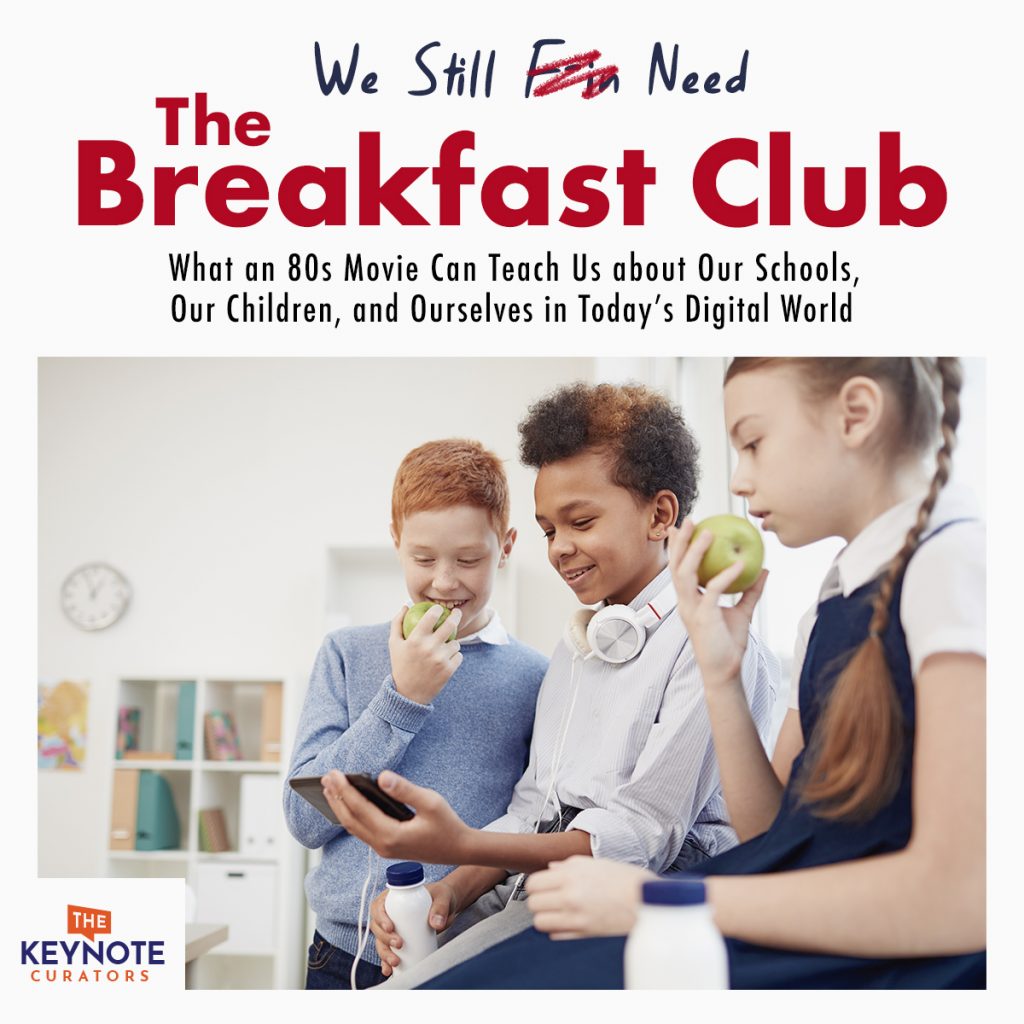
Tags: boundaries, childhood, digital communications, digital world, education, Harvard, keynote speakers, kids, leah plunkett, parenting, parenting tips, parents, preteens, teachers, teens, the breakfast club, trust your kids, united states surepeme court, younger generation
Discover More Insights
Get in TouchContact US
Fill out the form so we can best understand your needs.
A representative from The Keynote Curators will reach out to you.


